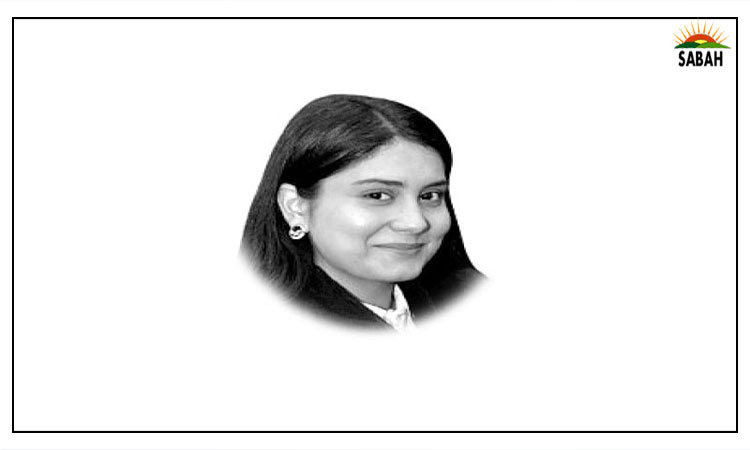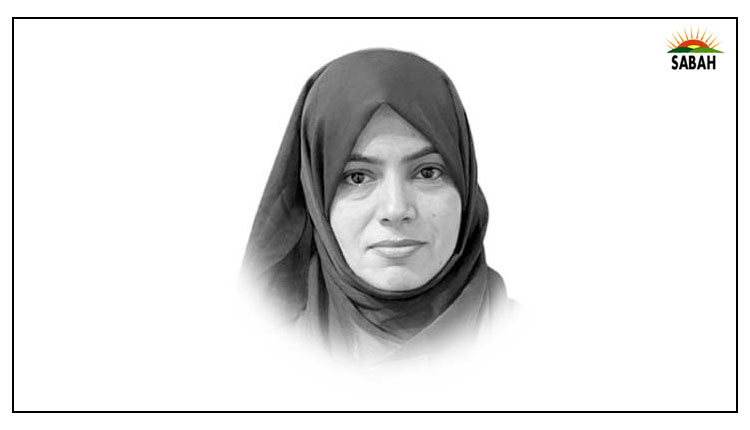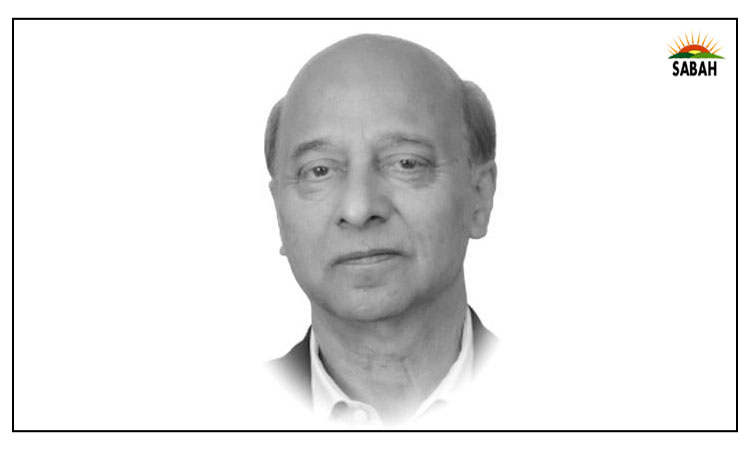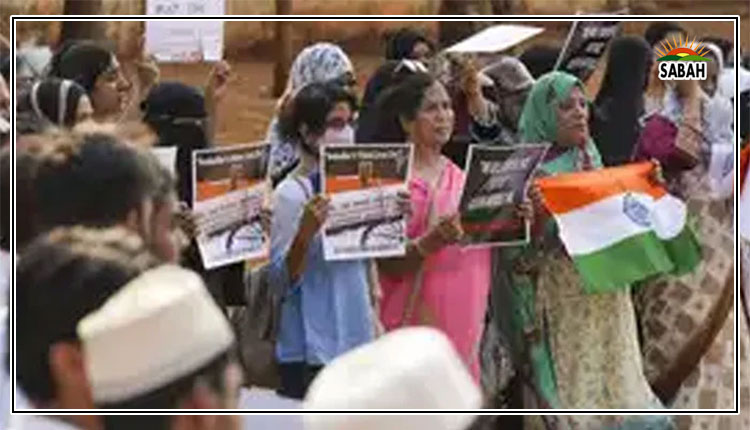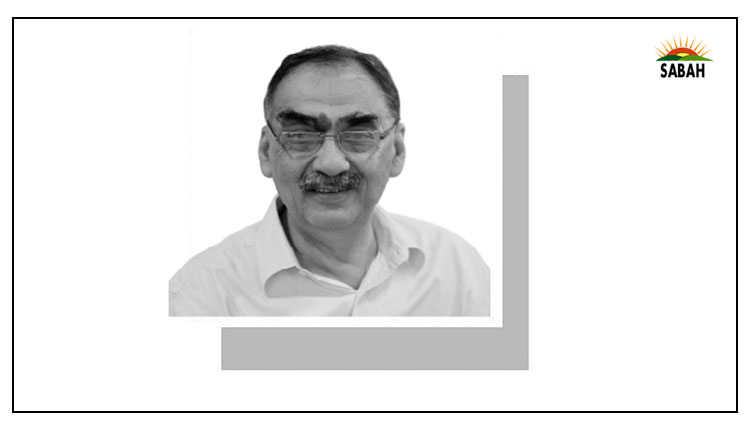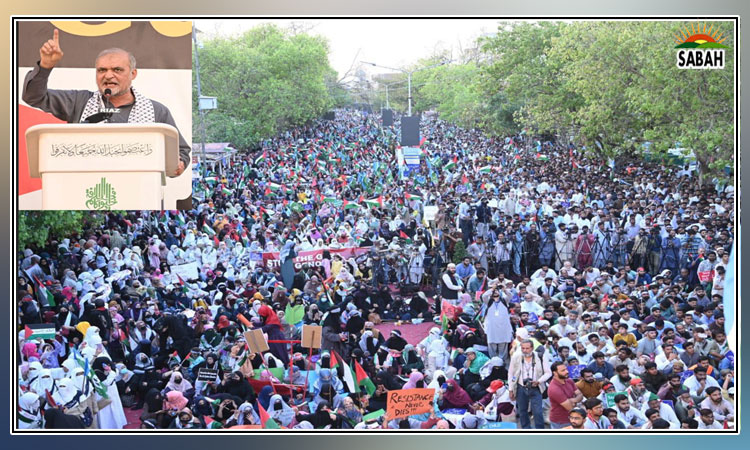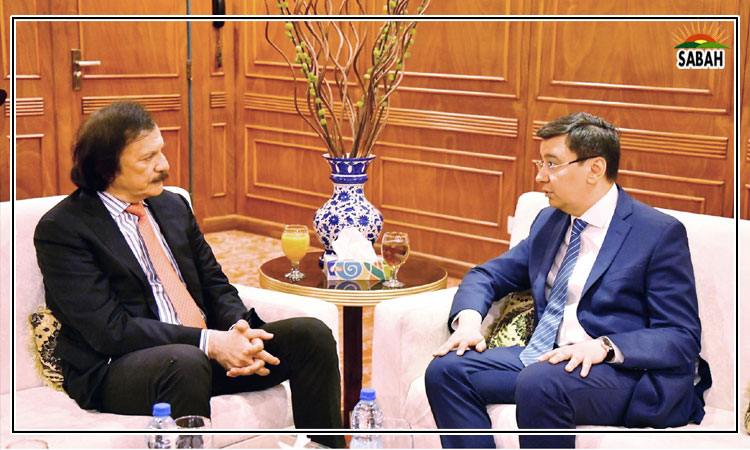Myopic leadership and Election 2024…..Dr Moonis Ahmar
Finally, Pakistan is entering the election mode but political parties are still unable to mobilise voters in support of their respective programmes. As many as 28,626 nomination papers have been filed by candidates for national and provincial assembly seats for the February 2024 general elections as compared to 21,426 in 2018 and 27,991 in 2013. The momentum is only picking up slowly with mixed feelings about how elections will be held and to what extent candidates perceived as ‘non-conformists’ will have freedom to carry out their campaign.
After months of uncertainty, election schedule was announced by the ECP. However, PTI complains about the absence of level-playing field as well as bias in the scrutiny process, as nomination papers of a majority of its candidates have been rejected. What is more alarming is the myopic mindset of political parties and their leaders. Pakistan is facing critical issues such as economic crisis, political instability, bad governance, unemployment, inflation, surge in poverty and violence. No political party, except Jamaat-i-Islami, has come up with a clear manifesto on how to address the predicament of the 240 million people of Pakistan. Lack of clarity, vision, commitment, planning and leadership qualities further compound the political quandary facing the country.
Why is the myopic mindset of our leadership a major impairment to reform politics and use power for improving the quality of life of people? Should the February 2024 elections be called a ‘last chance’ to save Pakistan from predictable economic and political collapse? The responsibility to ensure transparent elections rests with the ECP and its provincial offices, and even a slight evidence of pre-poll rigging and bias for or against certain political parties will vitiate the credibility of institutions involved in the election process. The forthcoming elections are already marred with widespread allegations of harassment and intimidation against the candidates of a particular political party.
A week ago Supreme Court took notice of pre-poll rigging and reprimanded the ECP for not arranging free and fair elections — something that reflects the failure of the electoral watchdog to create an environment free of fear and coercion. When several billion rupees are being spent on holding the elections, depriving voters of their right to franchise without fear will trigger a serious crisis. Patronising one political party and denying another the environment to contest elections freely will be counter-productive.
What is alarming and unpardonable in the prevailing election phase is the fear factor that has gripped this country for long. When equal opportunities are not provided to all political parties to contest the elections, legitimacy of such an exercise will be questionable. Soon, international observers will arrive in Pakistan to find out to what extent the election campaign is free of fear, intimidation and prejudice and how far free and fair polls can take place on the election day. If the 1971 and 1977 history is to be avoided in 2024, state institutions responsible for holding free and fair elections must refrain from partisan measures that tarnish the credibility and erode the public trust.
One needs to analyse the existence of myopic mindset at a time when the country is entering the election mode from two angles.
First is the absence of a leadership which is strategically competent to effectively deal with issues which endanger the very existence of Pakistan. Non-controversial holding of general elections would give a plausible opportunity to rid the country of serious crises in economy, governance and rule of law. It would require professional handling of things with zero tolerance for nepotism and favoritism. Unfortunately, over the last 76 years of Pakistan’s history neither democracy nor political pluralism was a priority for those who wielded power. Those at the helm of affairs had only used power for ensuring their very own privileges, perks and comfort zones, resulting in increase in poverty, unemployment and inflation. When the priority of a majority of those contesting elections is not to present a workable plan to pull the 240 million people of Pakistan from the economic quagmire, how the future of the nation could be different from the present and the past. When a majority of political parties and their leaders are only interested in investing in elections to get power just to maximise their own wealth and clout, the outcome for the country is bound to be disastrous.
Second, when political opponents are deprived of their democratic rights and are coerced by state authorities through unlawful detention and denial to launch their election campaign, it is bound to give rise to anger and antagonism among people. For instance, the manner in which a two-time Foreign Minister was manhandled by Punjab police in Adiala jail Rawalpindi on December 27 shows the sheer absence of the rule of law in the country. That particular incident has given a bad name to Pakistan all over the world and raised serious doubts about the pledge to hold of free and fair elections. The damage caused to democracy and the election process will have adverse ramifications regarding Pakistan’s reputation at the international level.
Myopic mindset is also a reflection of judiciary’s failure to render justice and implement its decisions, thus providing space to those elements that undermine the rule of law. Furthermore, the failure of civil society and human rights groups to vehemently oppose violation of the Constitution and the rule of law reflects the deepening of myopic mindset. Unless Pakistan becomes a normal state where good governance with sound leadership skills is the focus, one cannot expect the curse of myopic mindset to go.
Courtesy The Express Tribune, January 2nd, 2024.


